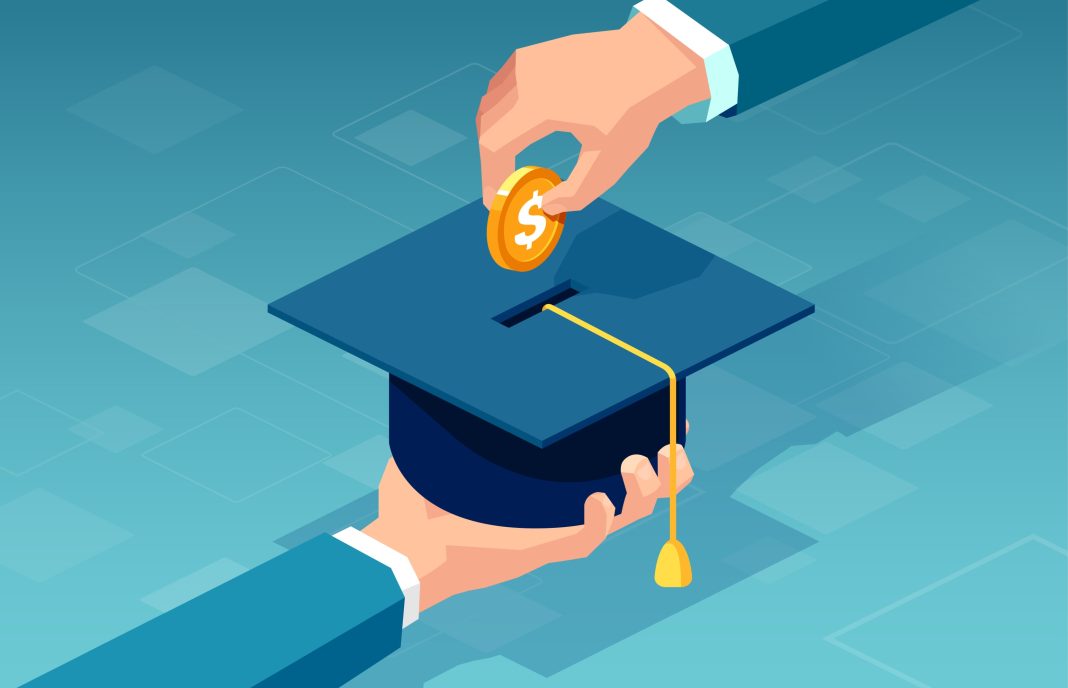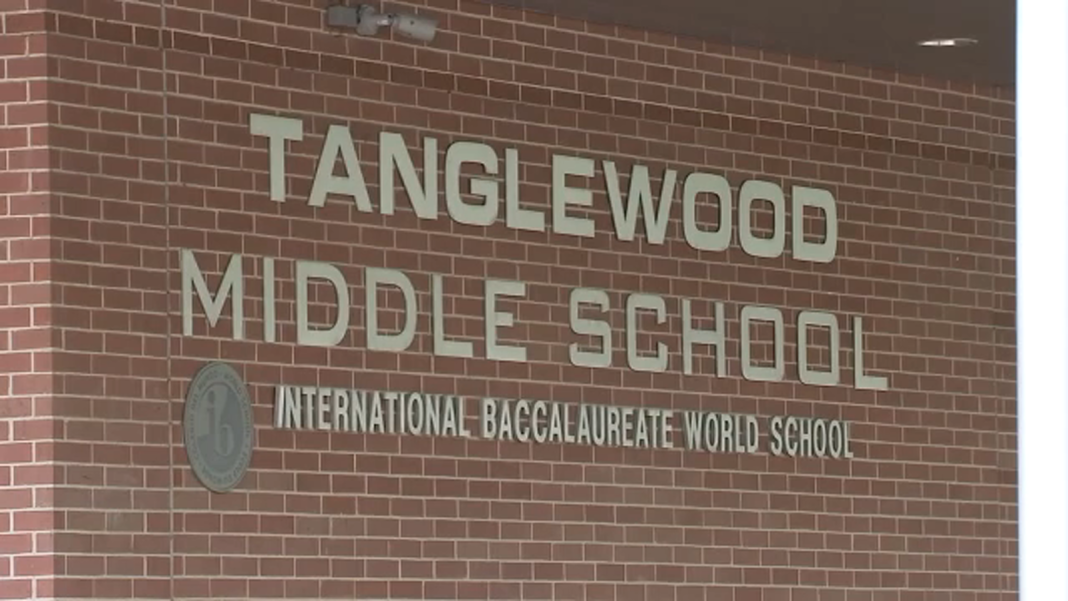 Teaching Personal Finance in High School: The Importance of Financial Literacy
Teaching Personal Finance in High School: The Importance of Financial Literacy
Introduction:
Financial literacy is a crucial skill that is often overlooked in high school education. While some schools offer basic finance courses, the majority do not prioritize teaching students about budgeting, loans, credit cards, and other essential financial concepts. This lack of financial education can have long-lasting consequences for young adults as they navigate the complex world of personal finance. In this article, we will explore why teaching personal finance in high school is essential and how it can empower students to make informed financial decisions.
The Need for Financial Literacy Education:
Upon graduating high school, students are faced with immediate financial decisions that can shape their future. From college expenses to housing costs and insurance, young adults must be equipped with the necessary knowledge to make sound financial choices. However, without a solid understanding of personal finance, many individuals find themselves ill-prepared to handle these financial challenges.
According to a CNBC report, the extent to which financial literacy is taught in high schools varies significantly from district to district. While some schools offer comprehensive programs, others only touch on the subject briefly in broader economics or life-skills classes. This inconsistency highlights the need for a standardized curriculum that ensures all students receive essential financial management skills.
Benefits of Early Financial Education:
Teaching personal finance at a younger age can help young adults develop healthy financial habits that will benefit them throughout their lives. By introducing concepts such as earning, saving, investing, protecting, spending, and borrowing, students can gain a solid foundation in money management. These skills empower them to navigate financial challenges adeptly and make informed decisions.
Moreover, early financial education provides young people with a head start in building wealth. Understanding and appreciating financial concepts early on allows individuals more time to accumulate wealth and increase their net worth. By incorporating lessons on budgeting, managing credit and loans, investing, and risk assessment into the curriculum, students can gain the tools they need to achieve financial success.
Addressing Financial Challenges:
Advocating for federal requirements mandating personal finance courses for graduation could bridge the gap in financial education. Many young people today find themselves in dire financial straits, living paycheck-to-paycheck and just one emergency away from financial devastation. By providing comprehensive financial literacy education, schools can equip students with the knowledge and skills to overcome these challenges.
One aspect of financial literacy that deserves attention is protecting oneself from financial scams. As scams become increasingly sophisticated, it is crucial to educate students about phishing scams and other common online scams. Incorporating lessons on how to identify and protect against these scams will provide students with added insurance against falling victim to fraud.
The Impact of Financial Stress:
Financial stress is a prevalent issue that affects individuals of all ages. Even before the COVID-19 pandemic, a study by the American Psychological Association (APA) found that 72 percent of Americans experienced stress related to money. The recent economic difficulties have only exacerbated the problem, leaving more people facing financial hardship.
Financial stress can have severe consequences on one’s physical and mental well-being. Insomnia, weight fluctuations, depression, anxiety, relationship difficulties, social withdrawal, physical ailments, and unhealthy coping methods are all potential outcomes of financial stress. By equipping students with financial literacy skills, we can help alleviate some of these stressors and empower individuals to take control of their financial futures.
Conclusion:
Teaching personal finance in high schools is essential for preparing young adults to make informed financial decisions. By providing students with a comprehensive curriculum that covers budgeting, investing, managing credit and loans, and protecting against scams, we can equip them with the skills they need to navigate the complex world of personal finance. Early financial education not only sets individuals on a path towards wealth accumulation but also helps alleviate financial stress and uncertainty. It is time for schools to prioritize financial literacy and give students the tools they need to succeed financially.


